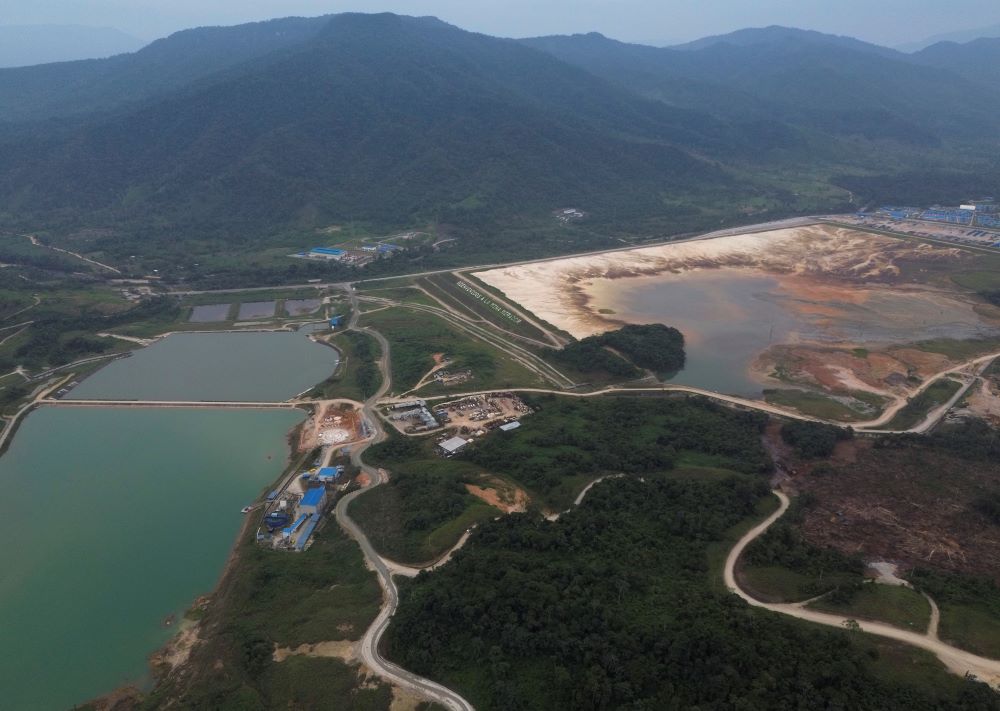Colombia has launched a push for a new binding global treaty on traceability for the critical minerals needed for the clean energy transition along their entire supply chain – from mining to recycling.
The South American country announced the initiative on the sidelines of the COP16 UN biodiversity summit in the Colombian city of Cali this week. The plan is to come up with a proposal for the pact by the COP30 UN climate conference to be held in Belém, Brazil, in November 2025.
The initiative picks up on one of the recommendations issued by a UN panel on critical minerals in September, which urged countries to create such a transparency platform to help ensure fair and sustainable extraction of minerals for clean energy supply chains. The UN panel suggested the platform could be piloted in “two or three” mineral-producing countries.
Critical minerals – among them lithium, nickel and rare earth elements – are essential for manufacturing renewable energy technologies including solar panels, electric vehicles and batteries.
Q&A: What you need to know about clean energy and critical minerals supply chains
All countries agreed at the COP28 UN climate change summit last year to triple the world’s renewable energy capacity by 2030 – a goal that is set to triple demand for minerals by the same date.
In the race to boost production, uncontrolled expansion of mining activities could cause serious harm to nature and nearby communities, experts have warned. A 2022 study, which reviewed more than 5,000 critical mineral mining projects, found that over half were located on or near Indigenous lands.
“We’re taking a step forward so that minerals used in the energy transition are extracted and commercialised with responsible criteria and in harmony with the environment and local communities,” Colombia’s vice-minister of environment, Mauricio Cabrera, said in a statement issued in Cali.
Industry scrutiny needed
At the launch event for the transparency initiative, Norwegian diplomat Lars Vaagen said developed countries did not yet have a common position on whether to support the treaty, but added “what we can promise is that we will follow this initiative very closely”.
Suneeta Kaimal, CEO of the Natural Resource Governance Institute, welcomed the idea but said traceability “is only part of the solution”.
“Traceability alone will have no impact without credible, independent scrutiny of industry actions and impacts against high standards of best practice,” Kaimal told the launch.
Human rights must be “at the core” of mining for transition minerals, UN panel says
The UN panel on critical minerals – which was convened by UN Secretary-General Antonio Guterres and included governments, industry, civil society and Indigenous peoples – has issued a set of seven principles to guide greener and more ethical mining for the energy transition, calling on countries to keep human rights “at the core”.
COP30 host Brazil sits on top of vast reserves of nickel, manganese and rare earth metals. According to the International Energy Agency, the country holds about a fifth of global reserves of all these minerals, but is still only producing small amounts.
A spokesperson from the Brazil delegation at COP16 told Climate Home that the country had not yet joined the Colombia-led initiative because further consultations were required.
Other Latin American countries also hold major reserves of critical minerals — including 40% of global copper production between Chile, Peru and Mexico, and 35% of the world’s lithium in Chile and Argentina.
(Reporting by Sebastian Rodriguez; editing by Megan Rowling)
A previous version of this story said Brazil was one of the proponents of the initiative, which was amended to reflect a later clarification from Brazil that further consultations were required.
